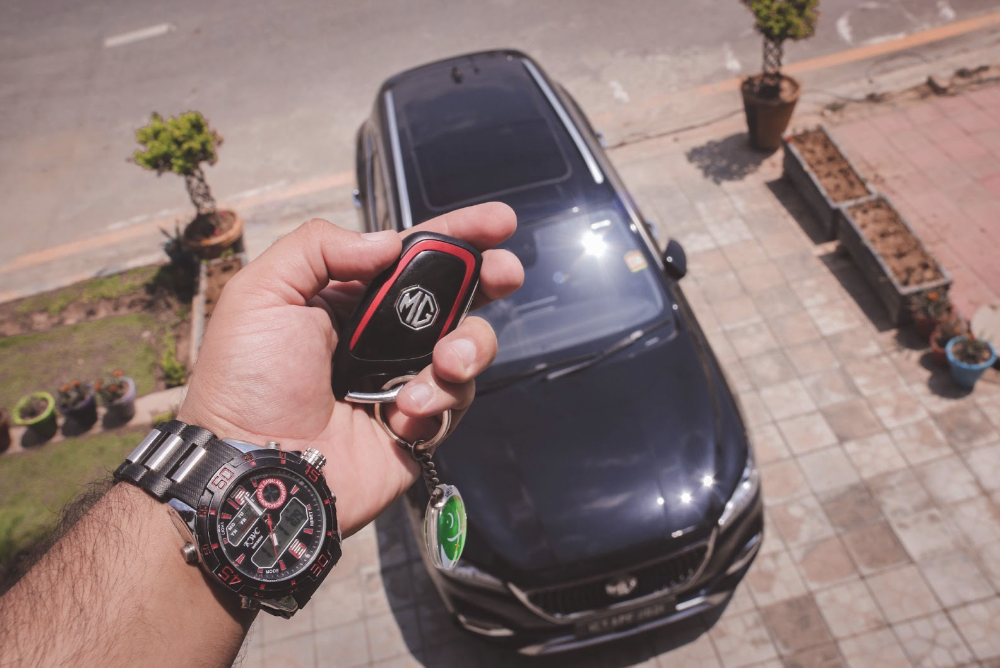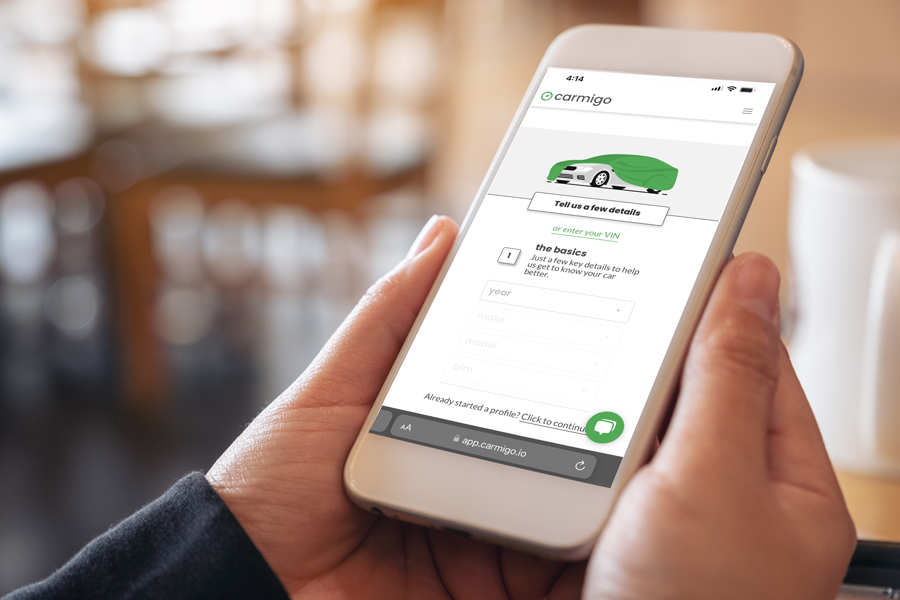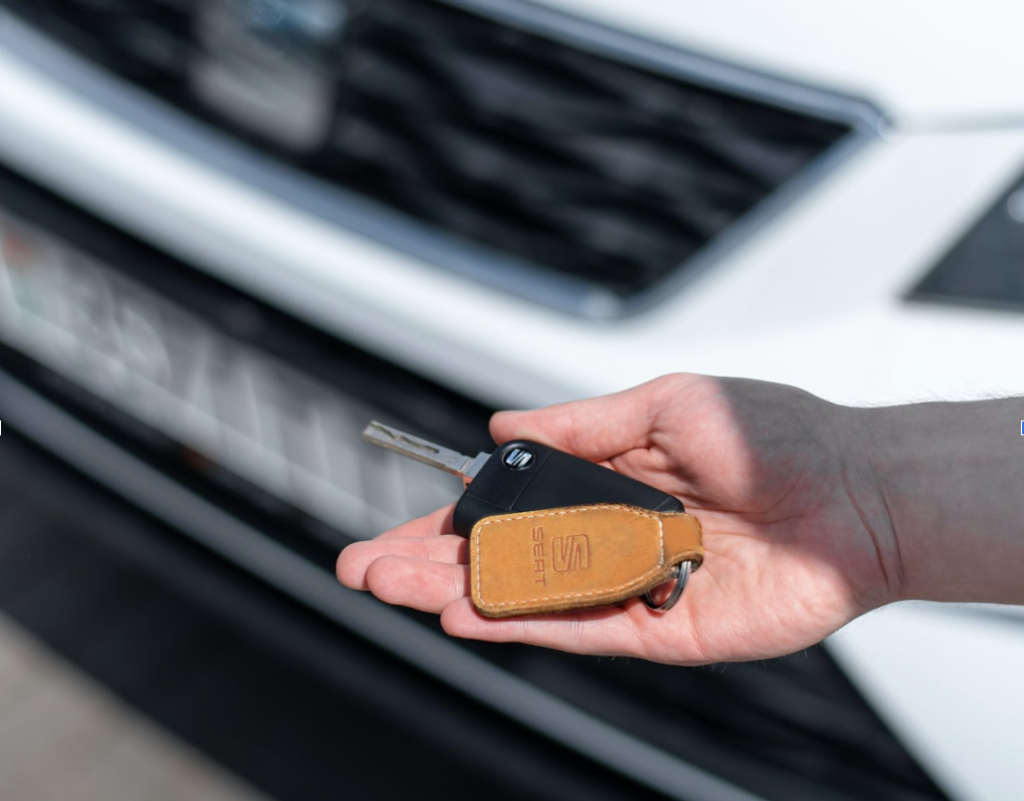When it comes time to part ways with your beloved vehicle, the decision to sell it privately or trade it in at a dealership can be a challenging one. Both options have their pros and cons, and understanding them can help you make an informed choice. In this blog post, we will explore the factors you should consider when deciding, “Should I sell my car or trade it in?” So, let’s dive in and weigh the benefits and drawbacks of each option.

Selling your car privately allows you to set the price based on its market value and condition, potentially resulting in a higher selling price compared to a trade-in offer.
If you’re asking “should I sell my car privately?”, think of the opportunity to negotiate with potential buyers, giving you more control over the final selling price.
By selling your car privately, you can aim to maximize your return on investment, especially if you have taken good care of your vehicle and it has unique features or modifications that may attract a niche market willing to pay a premium.
Selling your car privately doesn’t limit your options when it comes to purchasing your next vehicle. You can explore various dealerships, private sellers, or even consider alternative options like auctions or online platforms.

Selling a car privately requires time and effort to advertise, communicate with potential buyers, schedule appointments for viewings and test drives, and handle paperwork. It can be a time-consuming process, especially if you’re in a hurry to sell.
Meeting with strangers and allowing test drives involves some level of risk and personal safety concerns. It’s essential to take precautions, meet in a safe location, and verify the authenticity of potential buyers.
Selling your car privately can be inconvenient, as it involves coordinating schedules, responding to inquiries, and managing negotiations. Additionally, there’s no guarantee of a quick sale, and it may take longer to find the right buyer.
If you’re not experienced in selling cars or negotiating, you may find it challenging to navigate the process effectively. Lack of knowledge about market prices, advertising strategies, and proper documentation could potentially impact the final selling price and overall transaction.
If you still have an outstanding auto loan on your car, selling it privately requires paying off the loan before transferring ownership to the buyer. This extra step adds complexity and might involve coordination with the lender.


Start by determining its value using online resources, such as vehicle valuation websites or consulting with a professional appraiser. Next, prepare your car for sale by giving it a thorough cleaning, addressing any mechanical issues, and gathering all the necessary documents, including the title, maintenance records, and service history. Take high-quality photos of your car from various angles and create a compelling advertisement highlighting its features, condition, and any unique selling points. Post your advertisement on popular online platforms, such as classified websites or social media groups, and be responsive to inquiries from potential buyers.
When arranging test drives, ensure your safety by meeting in a public place and requesting proof of a valid driver’s license. Once you’ve found a serious buyer, negotiate the price, agree on the terms of the sale, and complete the necessary paperwork to transfer ownership. Finally, ensure secure payment by accepting a cashier’s check or completing the transaction at a bank. Remember to cancel your insurance and notify the appropriate authorities of the change in ownership.

Carmigo offers a marketplace of dealers that want your car. This means you receive multiple offers instead of a singular one, maximizing your chances of getting the best deal. The process is incredibly convenient too – simply spend a few minutes providing the necessary information, and let the Carmigo team handle the rest. Within just one business day, your car could be sold for your asking price or more, and Carmigo even takes care of the pick-up. If your vehicle doesn’t receive an offer equal to or greater than your asking price, you have no obligation to sell or pay any service fees. With Carmigo, you have the flexibility to avoid direct interaction with buyers if you prefer, but rest assured that the Carmigo team is always available to assist you whenever you need them.
Experience a hassle-free and rewarding car selling experience with Carmigo.


Trading in your car at a dealership is a hassle-free process. You can handle the entire transaction, including selling your old car and purchasing a new one, in one location. This saves you time and effort compared to selling your car privately.
When you trade in your car, the dealership takes care of the necessary paperwork, such as transferring ownership and handling the loan payoff. This simplifies the overall transaction and ensures a smoother transition to your new vehicle.
The trade-in value of your old car can be applied as a down payment towards the purchase of a new car. This reduces the amount you need to finance or pay upfront, making it easier to afford a newer vehicle.
In some regions, when you trade in your car at a dealership, the trade-in value is deducted from the purchase price of the new car. This can result in lower sales tax, saving you money during the purchase.

Dealerships typically offer lower prices for trade-ins compared to what you might receive in a private sale. They factor in the costs associated with reconditioning, marketing, and reselling the vehicle, which reduces the trade-in value.
While you can negotiate the price of the new vehicle when trading in, the trade-in value itself is usually less negotiable. Dealerships have specific trade-in formulas or guidelines that determine the offer, leaving less room for negotiation.
Trading in your car confines your choices to the inventory available at the dealership. If you have a specific model or brand preference that the dealership doesn’t carry, you might miss out on exploring other options that might better suit your needs.
Dealerships might apply sales pressure to persuade you to accept their trade-in offer and purchase a new vehicle from them. It’s important to stay firm on the value of your trade-in and make sure the overall deal aligns with your requirements.

Trading in your car at a dealership is a straightforward process. First, research the value of your car to have an idea of its worth. Then, visit a reputable dealership and express your interest in trading in your vehicle. The dealership will inspect your car, considering its condition, mileage, and market demand. Based on their evaluation, they will make you an offer. If you accept the offer, the dealership will handle the necessary paperwork, including transferring ownership and paying off any existing loans. The trade-in value can then be used as a down payment towards the purchase of a new vehicle. It’s important to remember that trade-in values are typically lower than what you might get in a private sale, but the convenience and simplicity of the process can make trading in a car a favorable option for many.